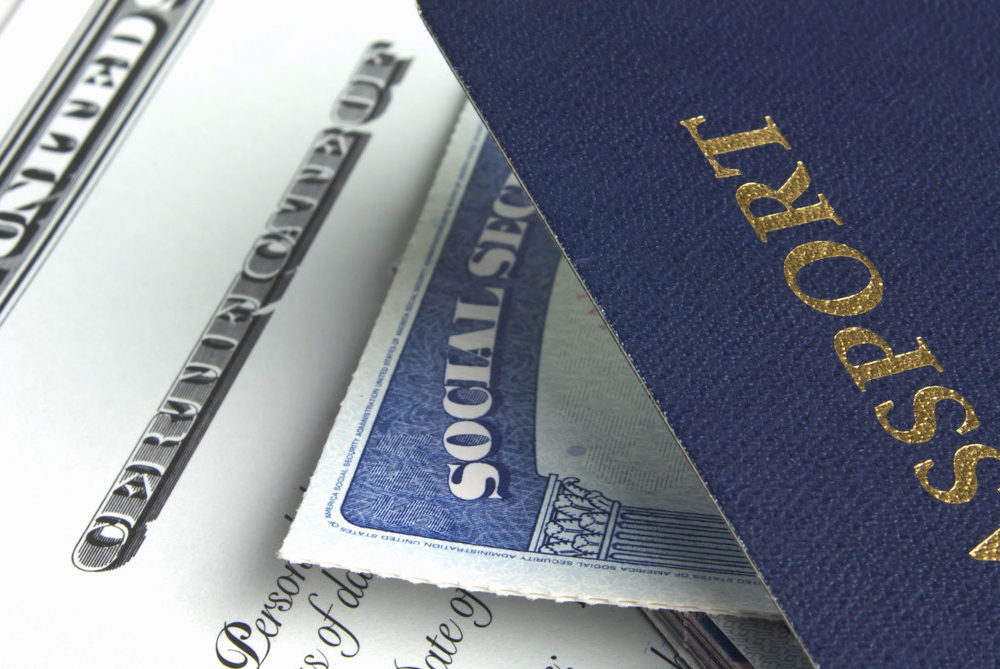If you are a person of a certain age, you will vividly recall the unfortunate story of Adam Walsh. In 1981, 6 year old Adam Walsh was abducted from a Broward County, Florida Sears department store. Adam’s body was never found.
On July 27, 2006, then President George Bush, on the 25th anniversary of Adam’s abduction., signed into law the Adam Walsh Child Protection and Safety Act (AWA).
In light of the above; and in an effort to protect foreign-born fiancés, spouses and children, the AWA as applied to U.S. citizens or lawful permanent residents, prevents a U.S. citizen or LPR from immigrating family members (using the K-1 or CR-1 visa) to the United States if that U.S. citizen or LPR has been convicted of a specified sexual offense against a minor.
Not unlike foreign-born persons seeking to be a beneficiary of a K-1 or CR-1 visa, U.S. citizens and LPRs too, must undergo extensive criminal background vetting if they wish to petition for a foreign-born fiancé, spouse or children.
Under AWA, all U.S. citizen and LPR petitioners when submitting a K-1 or CR-1 (I-130/I-485) petition are subjected to mandatory FBI, state and local criminal background checks to determine if the petitioner pose a “risk of harm” (based on a prior conviction or possibly even arrests suggesting inappropriate conduct with or against a minor) to a foreign-born fiancé, spouse or children. If a “risk” is found, the foreign-born family member, for their protection, will ultimately be denied the opportunity to immigrate to the United States with the K-1 or CR-1 visa.
However, because so much is at stake on all sides of the equation, there is a waiver available to U.S. citizen and LPR petitioners with AWA issues. But bear in mind that the USCIS denies the majority of petitioners seeking to have the AWA K-1 or CR-1 visa bar waived.
In a word, most petitioners who are deemed a risk under AWA are stuck.
To be successful in waiving the denial, the petitioner must prove that he or she pose no risk of harm to the foreign-born fiancé, spouse or children seeking to join the U.S. citizen or LPR here in the United States. To be certain, for obvious reasons; as it should be, it’s a very high hurdle to overcome for the petitioner.
******************
As you may imagine, just like a credit report, reporting errors do occur in criminal databases. Persons with similar names, and or social security numbers that differ by a digit or two may find that arrests and convictions may be erroneously affixed to their files. If that is the case, though it will not be corrected overnight, with persistence and the assistance of a reputable Fiance Spouse Visa Lawyer,* corrections can be made whereby allowing the U.S. citizen or LPR to successfully (if there are no other bars to the petition) file the K-1 or CR-1 petition.
Many thanks,
Jamene Christian,
FianceSpouseVisaLawyer.com (LLC)
*If you have been convicted of a specified sexual offense against a minor and you wish to petition for a foreign-born fiance or spouse with the K-1 or CR-1 visa, I suggest that you consult with a Crimmigration attorney.

